New York City has thousands of police surveillance cameras, which really come in handy when a terrorist strikes. After the car bomb attempt last weekend, they captured an image of the vehicle driving through Times Square and one of a guy taking off his shirt who looked nothing like the guy arrested Monday.
Which raises the question: What good are cameras? The debate over them is often framed as hardheaded law enforcement types versus wimpy civil libertarians. Whether the cameras actually work in practice to help solve and prevent crime generally gets ignored.

It shouldn't. Leave aside those airy privacy concerns for the moment. Installing, maintaining and monitoring thousands of these devices, as in New York and Chicago, costs millions of dollars. Absent cameras, that money could be spent on beat cops, patrol cars, forensic equipment, jail cells, you name it.
The point of any law enforcement tool is not just to do some good but also to do some good at a reasonable cost compared with the alternatives. It's by no means clear that surveillance cameras even come close to meeting that standard.
There are some famous examples where they have helped identify criminals -- as in the July 21, 2005, subway bombing attempt in London, when video footage quickly led police to four conspirators. But a few cases, or even a few dozen, don't prove much.
A more complete assessment indicates that when it comes to preventing and solving crimes, the cameras are about as useful as a pet rock. Britain has 4 million of them, but a 2005 report by the British government found little evidence to justify the effort. Video surveillance, it said, "produced no overall effect" on crime.
In San Francisco, cameras significantly reduced property crime while having no effect on violent crime, drug dealing, prostitution or vandalism. So take comfort: When a mugger knocks you over the head, he won't steal your hubcaps.
Recommended
But if cameras generally don't do much to prevent crime, surely they help collar the criminals they fail to deter? Not very often. A review by the London police department calculated, "For every 1,000 cameras in London, less than one crime is solved per year." Average cost for cracking a case: $30,000.
Chicago police say the cameras have produced 4,000 arrests since 2006. That sounds like a lot, but it works out to only about 1 in 200 arrests. And for 10,000 cameras, 4,000 arrests is not really a spectacular haul.
In San Francisco, the results have been even less impressive. In the first three years after the city installed cameras, they helped police charge suspects in a grand total of six cases.
No one doubts that if you provide conspicuous video monitoring of high-crime spots, it can have a wholesome effect -- though it may only push the mischief a couple of blocks away. If you want to stop gangs from taking over a corner or chase thugs out of a park, a few well-placed cameras may be just the ticket.
But just because a camera works in one place doesn't mean thousands scattered all over town will produce similar results. Anti-crime technology, like everything else, is subject to diminishing returns.
Having a pit bull in your house may keep away burglars. That doesn't mean you should get one for each room. The more cameras, and the more cops watching the feeds, the more potential for waste.
But none of this seems to faze zealots like Chicago Mayor Richard Daley, who has said he intends to place the devices on "almost every block." It's easy to inflate their modest benefits while forgetting they carry a chronically high price.
Privacy ought to count as one of the costs. Most people don't seem to mind the Chicago cameras, though most people probably don't realize how often they show up on a TV monitor. But not everyone relishes the idea of living under endless, inescapable police surveillance.
The forced exposure might be acceptable if cameras were freeing us from the tyranny of criminals. Actually, it seems to have freed us from nothing.
In a Bible story that is synonymous with foolishness, Esau sold his birthright for a mess of pottage. But he looks wiser than we do. With surveillance cameras, we've given up money and privacy. And we didn't even get the mess of pottage.



















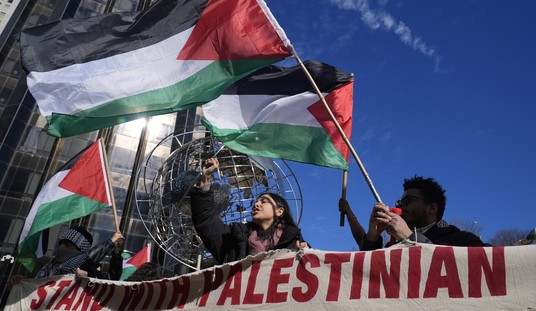
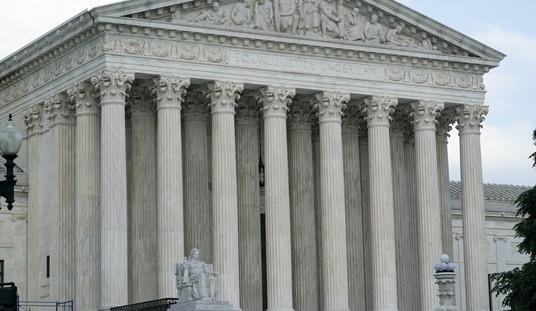
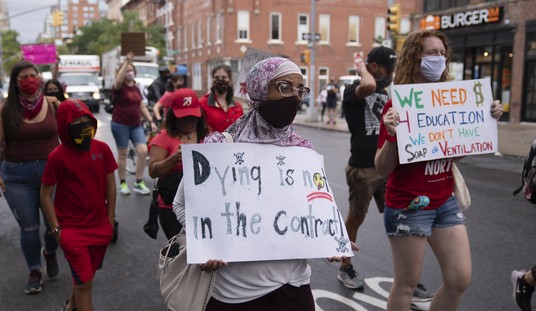
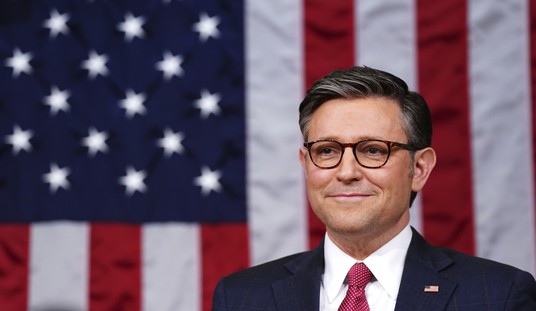
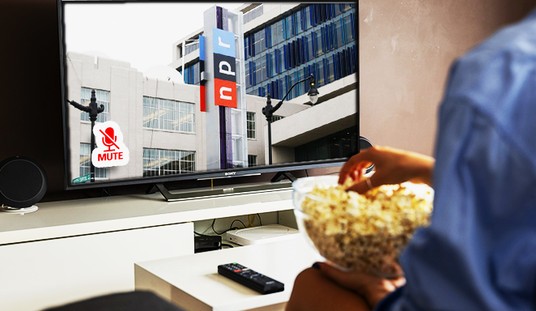
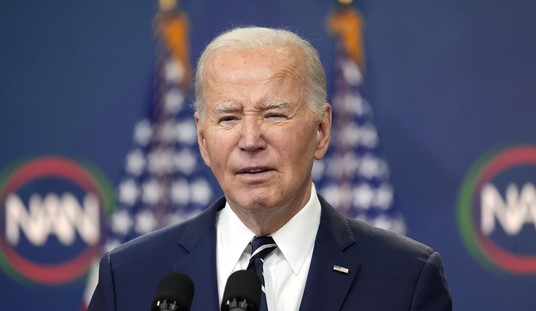
Join the conversation as a VIP Member